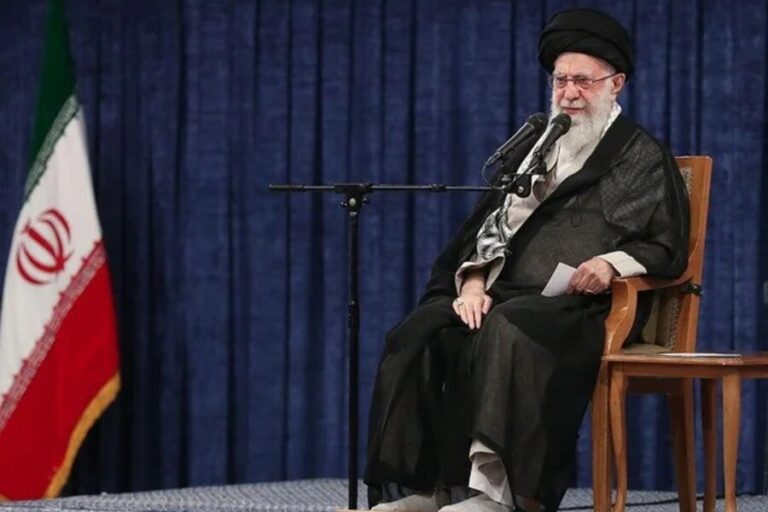Former President Donald Trump reportedly rejected an Israeli proposal to assassinate Iran’s Supreme Leader Ayatollah Ali Khamenei, a decision that may have averted a dramatic escalation in the already volatile conflict between Israel and Iran. According to three U.S. officials who spoke with CBS News, Trump communicated his disapproval of the plan directly to Israeli Prime Minister Benjamin Netanyahu after Israel launched a large-scale military strike on Iran last week.
The officials said Israel had identified an opportunity to eliminate Khamenei, but Trump cautioned against it, asserting that it was not a wise move. This intervention occurred during a period of heightened military exchanges between the two adversaries, which have prompted global concerns over a possible regional war.
Although Israel and the United States have not coordinated with Iran, U.S.-Israeli communications have remained active. An Israeli official confirmed that Netanyahu and U.S. leaders spoke multiple times last week—on Monday, Thursday, and Friday—underscoring the close military and strategic alliance between the two nations.
Netanyahu, when asked during a Sunday interview on Fox News whether the report was accurate, neither confirmed nor denied it. “There are so many false reports of conversations that never happened, and I’m not going to get into that,” he said, deflecting further comment. A spokesperson for the Israeli leader later stated that the report was false, though other Israeli officials hinted at Israel’s ongoing consideration of targeting figures deeply tied to Iran’s nuclear and military efforts.
“In principle, we don’t kill political leaders,” one official told CBS News, “but I don’t think anyone making decisions about those [nuclear] programs should be living free and easy.” The official added that Khamenei, who ultimately controls Iran’s defense and nuclear strategy, “should be changing bedrooms at night.”
Trump has not publicly addressed the reported Israeli proposal. However, he posted a pointed warning to Iran on his Truth Social platform on Sunday, denying U.S. involvement in the Israeli attack while threatening swift and overwhelming retaliation if any U.S. targets were struck.
“If we are attacked in any way, shape or form by Iran, the full strength and might of the U.S. Armed Forces will come down on you at levels never seen before,” Trump wrote.
Despite the tough rhetoric, Trump struck a more diplomatic tone later, predicting that “Iran and Israel should make a deal, and will make a deal,” referencing past efforts he led to defuse tensions between India and Pakistan. He suggested he could negotiate a resolution to this latest Middle East crisis in a similar fashion.
Adding to the gravity of the moment, Trump reportedly spoke with Russian President Vladimir Putin on Saturday to discuss the unfolding Israel-Iran conflict. He is also expected to participate in the G7 summit in Canada, where the worsening situation in the Middle East is likely to dominate the agenda.
The reported assassination proposal and its rejection underline the fragile nature of international relations in times of conflict. Trump’s decision to block the operation signals a desire to avoid further escalation, even amid rising pressures from U.S. allies. The coming days may determine whether diplomacy can succeed or whether the region edges closer to war.
